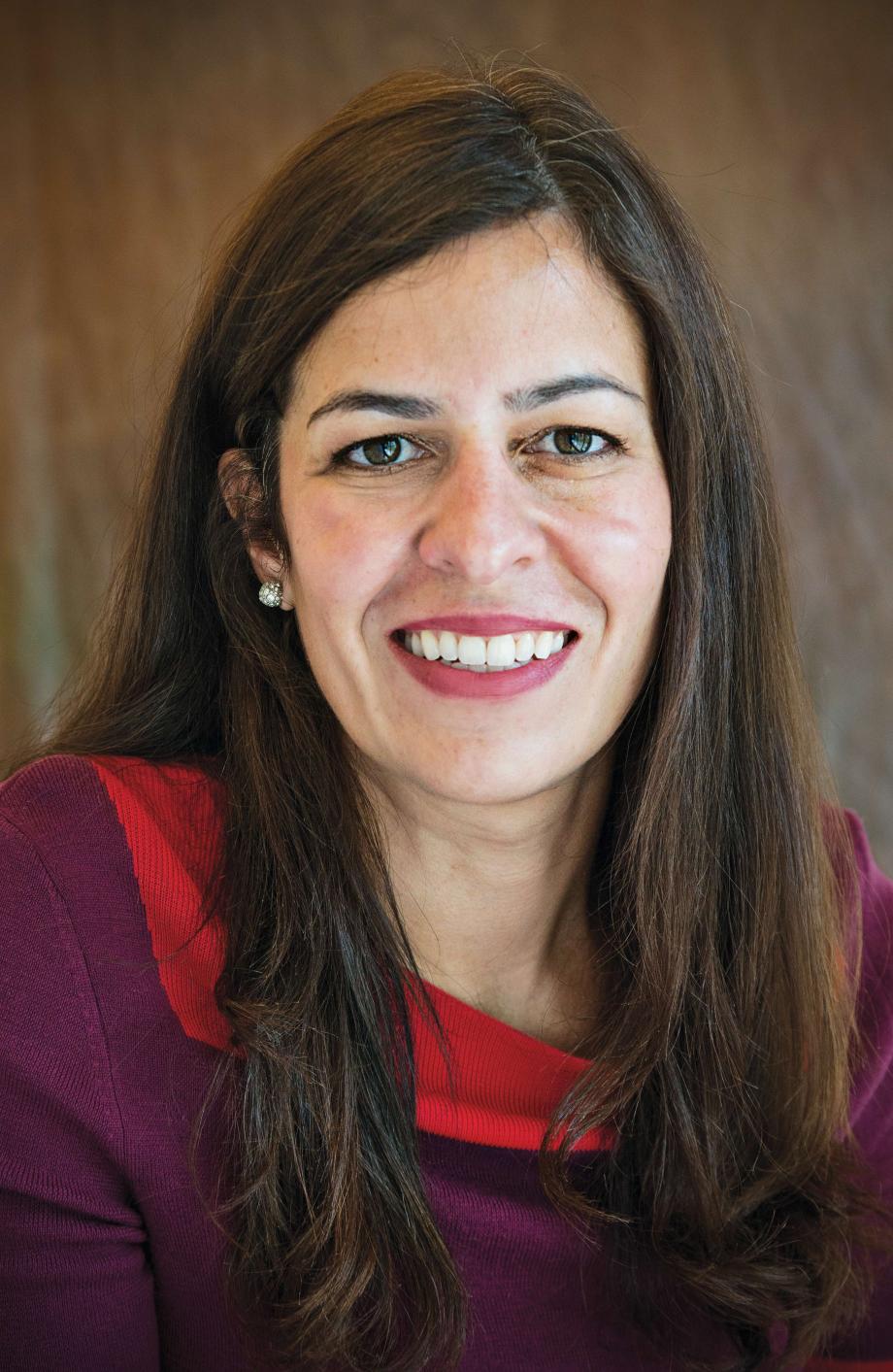Claudia Flores Named Director of International Human Rights Clinic

Claudia Flores has spent nearly her entire career advocating on behalf of the world’s neediest people.
She fought for women’s equality in East Timor, helped incorporate human rights principles into the national constitution in Zimbabwe, served victims of human trafficking in Indonesia, advocated on behalf of Chicago’s homeless, and represented Mexican immigrants who had been fired from jobs at a Wisconsin sauerkraut farm.
Now, she is bringing her broad experience to the Law School as an Assistant Clinical Professor and the new Director of the International Human Rights Clinic.
“Claudia has dedicated herself to international human rights and civil rights advocacy and litigation in a wide variety of settings,” said Clinical Professor Jeff Leslie, the Director of Clinical and Experiential Learning. “She is an experienced, highly skilled litigator and advocate, and her strengths in these areas will serve our students well in her new clinical role. Claudia brings the leadership, energy, and good judgment to build on the clinic’s strong record of accomplishment and to take the clinic in exciting new directions.”
Flores hopes not only to expose Law School students to the kind of advocacy work that has inspired her over the years but to give them the “opportunity to do this work in a way that’s responsible, thoughtful, and sustainable.” She is deeply committed to helping develop a new generation of human rights lawyers, though she defines that purpose broadly and said the clinic will be valuable even to students who don’t plan to pursue human rights work.
“The clinic provides a really amazing opportunity for students,” said Flores, who most recently worked as a partner with the Chicago law firm Hughes Socol Piers Resnick & Dym, Ltd., where she concentrated her practice in the areas of civil rights, constitutional law, labor and employment, and class actions. “I was a part of the immigrants rights clinic at NYU, and it was by far the most important experience I had in law school. I was able to take on real cases, and my supervisor’s primary purpose was to develop me as a lawyer. Now my primary purpose is to give students experience that will make them better lawyers when they go out into the world.”
Clinical Professor Alison Siegler, the founder and director of the Federal Criminal Justice Clinic, said the Law School was fortunate to have landed Flores.
“Her extensive experience working in Africa, Indonesia, East Timor, and Mexico—and the relationships she’s developed through that work—will make her an extraordinary asset to the clinic and our students,” Siegler said. “Claudia’s litigation experience will enable her to implement clinical projects that will tangibly impact people’s lives, while her energy and engagement will make her a tremendous clinical teacher.”
Flores received an undergraduate degree in philosophy from UChicago in 1997 and graduated from the New York University School of Law in 2002, where she received the prestigious Root-Tilden-Kern scholarship, which is awarded to students who have demonstrated a commitment to public service, academic excellence, and the potential for leadership.
In her United Nations positions, she advised governments on constitutional and legislative reforms to increase legal protections for human rights and civil liberties. Before that, Flores worked for the AFL-CIO American Center for International Labor Solidarity in Indonesia, where she managed a program that focused on providing services for victims of human trafficking. She has also worked for the American Civil Liberties Union Foundation, where she focused on women’s rights in the workplace. As Skadden Fellow from 2003 to 2005, Flores directed the Immigrant Household Workers Project in the International Women’s Human Rights Clinic at the CUNY School of Law. Prior to that, she clerked for Judge Harry Pregerson of the Ninth Circuit Court of Appeals and, during law school, worked as a law clerk on projects in Tanzania and South Africa.
She is thrilled to be a part of the Law School’s clinical faculty.
“They really walk the wonderful line of thinking about themselves as practitioners and also being intellectuals,” she said. “It’s an exciting environment to join, and really a collegial and lovely one.”